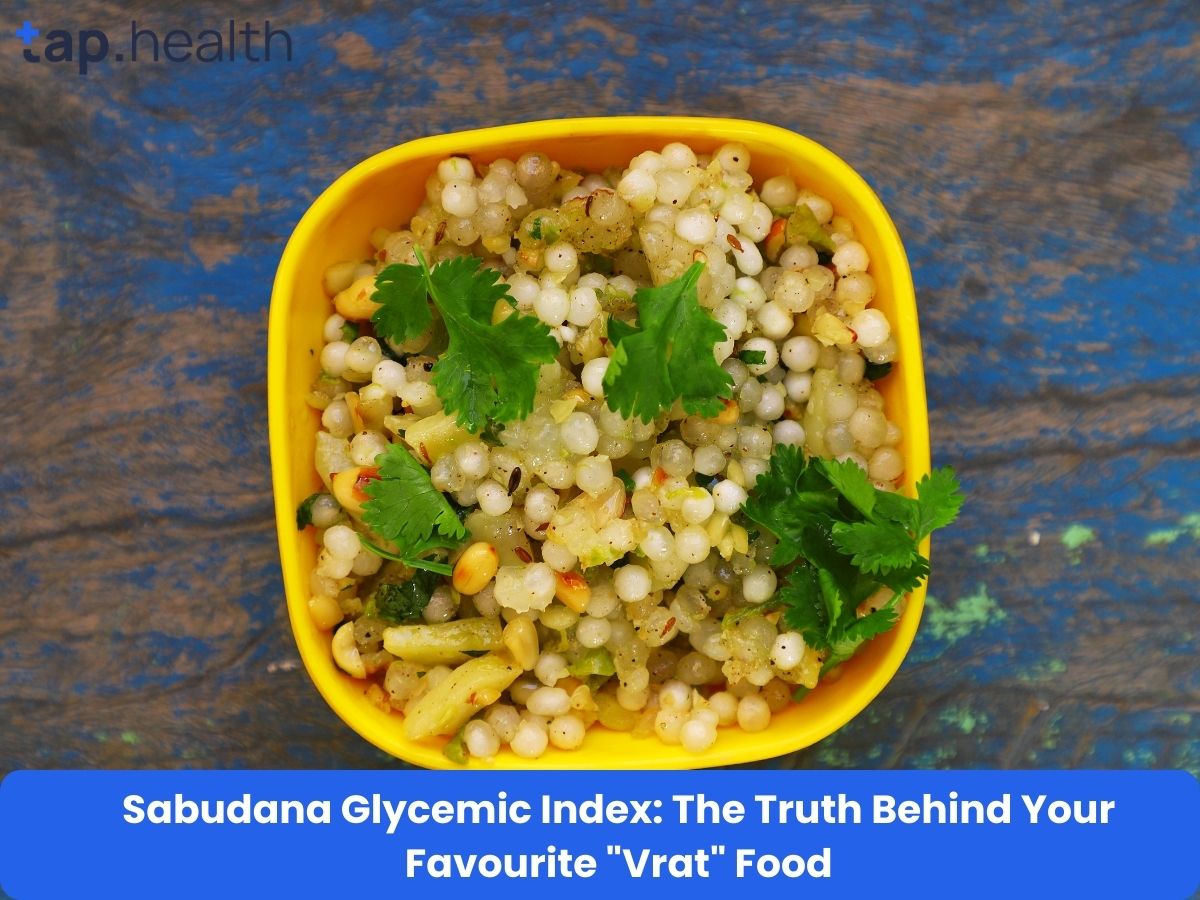In the world of weight loss, low-calorie diets have become a popular way to quickly shed fat, and an 800-calorie diet plan is one such approach. This plan, although effective for fat loss, requires careful consideration to ensure you still get the necessary nutrients to maintain overall health. An 800-calorie Indian vegetarian diet plan can offer a practical solution for weight loss while aligning with vegetarian eating habits, but it’s essential to understand how to structure the diet to optimize fat loss and minimize health risks.
In this article, we’ll dive deeper into the 800-calorie diet, explain how it works, provide an in-depth vegetarian meal plan, and address the most commonly searched questions related to this diet.
What Is the 800-Calorie Diet Plan?
An 800-calorie diet is an extremely low-calorie diet (ELCD) that limits your total food intake to just 800 calories per day. This is a significant calorie deficit, considering that the average adult needs around 1,800-2,500 calories per day to maintain weight.
By following this calorie restriction, the body is forced to burn stored fat for energy. While this can lead to quick weight loss, such a drastic calorie cut can also come with some health risks, especially if followed for long periods. However, in the short term (for about 1-2 weeks), the body can adapt to this calorie restriction without severe negative effects, provided the diet is balanced.
An 800-calorie vegetarian diet plan is designed to allow individuals who follow vegetarianism to lose fat without compromising their ethical and dietary preferences. The key to success is selecting nutrient-dense foods that provide sufficient protein, fiber, vitamins, and minerals within the calorie limit.
How Does the 800-Calorie Diet Work for Fat Loss?
The body requires energy for daily activities, and when the caloric intake is significantly reduced (to 800 calories), the body starts using stored fat for fuel. This leads to fat loss. However, extreme caloric restriction doesn’t only affect fat stores. If protein intake is low, the body may also break down muscle tissue for energy. Muscle mass is critical because it helps burn more calories, even at rest. So, it’s crucial to focus on protein-rich foods and strength training to preserve muscle mass while losing fat.
When you’re on an 800-calorie diet, the body will typically experience:
- Increased fat oxidation (fat burning).
- Decreased muscle mass (if protein intake is inadequate).
- Slower metabolism over time if the diet is followed for too long.
- Reduced hunger (after initial adjustment) due to the stabilization of insulin and blood sugar levels.
Is the 800-Calorie Diet Safe for Long-Term Use?
While the 800-calorie diet can yield fast results, it is generally not recommended for long-term use. The low-calorie intake can lead to nutrient deficiencies and muscle loss if followed for extended periods.
Here are some of the primary concerns with the 800-calorie diet:
- Nutrient Deficiencies: With only 800 calories, it’s challenging to consume all the essential vitamins and minerals, such as vitamin B12, iron, calcium, and vitamin D. Lack of these nutrients can lead to fatigue, weakened immunity, and bone problems.
- Muscle Loss: Without adequate protein intake, the body may start breaking down muscle tissue for energy, which can slow down your metabolism.
- Slower Metabolism: Prolonged calorie restriction can lower your metabolism, making it harder to maintain weight loss or continue losing weight once you return to a normal diet.
- Decreased Energy Levels: With so few calories, you may feel low energy, tired, and fatigued, which can interfere with daily tasks and exercise.
Benefits of the 800-Calorie Vegetarian Diet Plan for Fat Loss
Despite the risks, following an 800-calorie vegetarian diet plan can lead to rapid fat loss in the short term. The potential benefits include:
- Rapid Fat Loss: The significant calorie deficit forces the body to use fat stores for energy, leading to quick fat loss. This can be motivating for individuals looking to lose weight quickly.
- Improved Digestion: A vegetarian diet is typically high in fiber from fruits, vegetables, legumes, and whole grains, which promotes good digestion and prevents constipation.
- Heart Health: A plant-based diet is generally low in unhealthy fats and high in heart-healthy fats from sources like nuts, seeds, and avocados, which can improve cholesterol levels.
- Ethical Eating: Following a vegetarian diet allows individuals to align their weight loss efforts with their ethical beliefs regarding animal products.
Risks and Drawbacks of the 800-Calorie Vegetarian Diet Plan
While the 800-calorie vegetarian diet can be effective for short-term fat loss, there are several risks and drawbacks to consider:
- Muscle Loss: Without adequate protein intake and strength training, the body may break down muscle tissue for energy, which can lower metabolism and affect long-term fat loss.
- Nutrient Deficiencies: Without a balanced approach, it’s difficult to meet daily nutrient requirements like iron, calcium, B12, and vitamin D on just 800 calories.
- Fatigue: With such low calorie intake, you may experience energy slumps, irritability, and difficulty concentrating throughout the day.
- Not Sustainable: This type of diet is difficult to maintain over the long term, and once you return to your regular eating habits, you may regain the weight quickly.
800-Calorie Vegetarian Diet Plan for Fat Loss
Here’s a comprehensive 800-calorie vegetarian diet plan that focuses on nutrient-dense, vegetarian-friendly foods to ensure that you still get enough protein, fiber, and essential vitamins and minerals.
Day 1 – 800-Calorie Vegetarian Meal Plan
Breakfast (200 Calories)
- 1 boiled egg (70 calories)
- 1 small apple (80 calories)
- 10 almonds (50 calories)
Lunch (300 Calories)
- 1 small bowl of moong dal (100 calories)
- 1 small whole wheat roti (80 calories)
- 1 cup of mixed salad (50 calories)
- 1 teaspoon olive oil (for salad dressing, 40 calories)
Dinner (250 Calories)
- Grilled tofu (100 calories)
- 1 small bowl of vegetable soup (100 calories)
- 1/2 cup steamed broccoli (50 calories)
Day 2 – 800-Calorie Vegetarian Meal Plan
Breakfast (200 Calories)
- 1 small banana (90 calories)
- 1 cup low-fat Greek yogurt (110 calories)
Lunch (300 Calories)
- 1 small serving of vegetable curry (150 calories)
- 1 small portion of brown rice (100 calories)
- 1 small cucumber salad (50 calories)
Dinner (250 Calories)
- 1 small serving of roasted vegetables (100 calories)
- 1 small portion of cottage cheese (paneer) (150 calories)
Day 3 – 800-Calorie Vegetarian Meal Plan
Breakfast (200 Calories)
- 1 small apple (80 calories)
- 1 tablespoon peanut butter (90 calories)
- 1 cup green tea (5 calories)
Lunch (300 Calories)
- 1 small bowl of chana masala (150 calories)
- 1 small whole wheat roti (80 calories)
- 1 cup of mixed greens salad (70 calories)
Dinner (250 Calories)
- 1 small serving of grilled vegetable skewers (100 calories)
- 1/2 cup of mixed quinoa (150 calories)
Day 4 – 800-Calorie Vegetarian Meal Plan
Breakfast (200 Calories)
- 1 cup of unsweetened almond milk (40 calories)
- 1 tablespoon chia seeds (60 calories)
- 5-6 almonds (50 calories)
- 1/2 banana (50 calories)
Lunch (300 Calories)
- 1 small bowl of dal soup (100 calories)
- 1 small portion of steamed broccoli (50 calories)
- 1 small whole wheat roti (80 calories)
- 1 small cucumber salad (50 calories)
Dinner (250 Calories)
- 1 small serving of mixed vegetable stir-fry (150 calories)
- 1/2 cup quinoa (100 calories)
Total Daily Calories: ~800 Calories
This meal plan is designed to provide sufficient protein, fiber, healthy fats, and essential vitamins and minerals while staying within 800 calories. The plan also includes a variety of vegetables, legumes, whole grains, and healthy fats to support fat loss and overall health.
Frequently Asked Questions (FAQs) on 800-Calorie Vegetarian Diet Plan for Fat Loss
1. Can I Lose 5 kg in a Month on an 800-Calorie Vegetarian Diet?
Yes, it is possible to lose 5 kg in a month on an 800-calorie diet, but this rapid weight loss may come with risks like muscle loss and nutritional deficiencies. For sustainable weight loss, a more gradual approach is recommended.
2. Can I Follow the 800-Calorie Diet Long-Term?
It is not recommended to follow the 800-calorie diet for long periods. This extreme calorie restriction should be followed only for short periods (1-2 weeks) and under medical supervision.
3. How Much Protein Should I Consume on an 800-Calorie Vegetarian Diet?
Aim to consume 20-30 grams of protein per meal to preserve muscle mass while losing fat. Include lentils, tofu, Greek yogurt, paneer, and seeds to meet your protein needs.
4. Can I Exercise on an 800-Calorie Diet?
Yes, but exercise should be light to moderate. Strength training is crucial to maintain muscle mass, but intense exercise may lead to fatigue on such a low-calorie diet.
5. How Do I Maintain Weight Loss After an 800-Calorie Diet?
After completing an 800-calorie diet, it’s important to gradually increase your calorie intake to avoid rapid weight gain. Focus on long-term lifestyle changes like eating balanced meals, exercising regularly, and maintaining a healthy metabolism.



